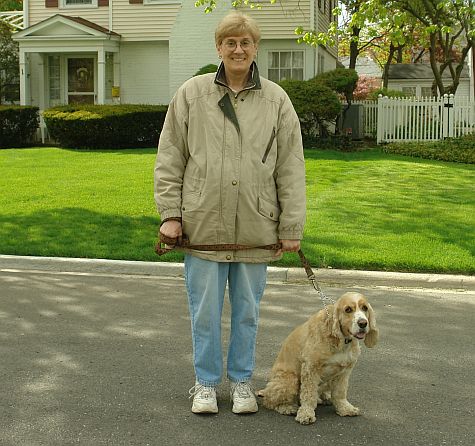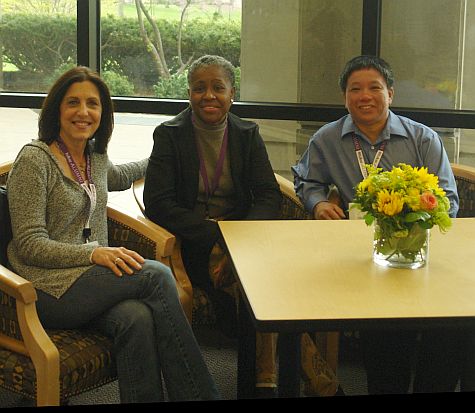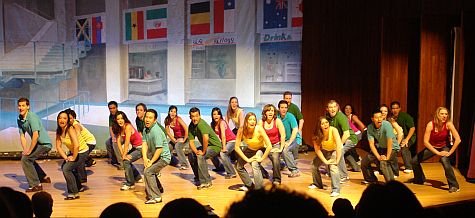I haven’t been to the Chicago area much over the years, so I mostly came over to hang out. This included going out with MaryAnn to walk the dog.
 Continue reading “2007/05/06 Visit with my foster relatives in Evanston“
Continue reading “2007/05/06 Visit with my foster relatives in Evanston“
I haven’t been to the Chicago area much over the years, so I mostly came over to hang out. This included going out with MaryAnn to walk the dog.
 Continue reading “2007/05/06 Visit with my foster relatives in Evanston“
Continue reading “2007/05/06 Visit with my foster relatives in Evanston“
 Continue reading “2007/05/05 I cut class at the Kellogg alumni reunion“
Continue reading “2007/05/05 I cut class at the Kellogg alumni reunion“
The shows now coincide with the alumni reunion. This year’s show was called “The Inconvenient Truth”.
 Continue reading “2007/05/04 Special-K Revue, and the changing times“
Continue reading “2007/05/04 Special-K Revue, and the changing times“
In my second year, I lived south of the campus on Chicago Avenue, so I must have walked or biked past the arch everyday without giving it much thought.
The neighbour next door to Jeanne has lawn ornaments — and I don’t know how the local ducks relate to them.
A few minutes walk down the street brings us to the reason that ducks are in the area: a man-made pond, with houses ringing the shore. Continue reading “2007/05/03 Ducks at Windsor Park Lakes, Houston“